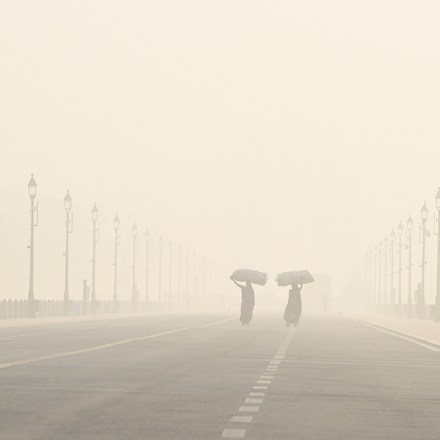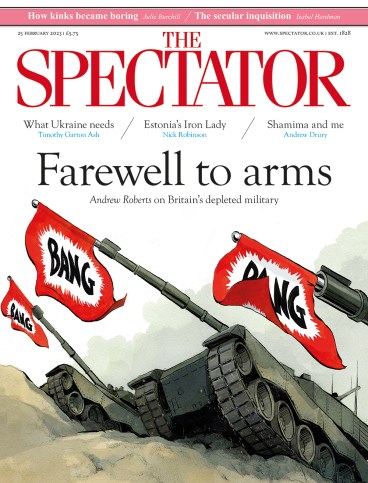The world has become a toxic prison – and a volcanic winter lurks on the horizon
Civilisation pollutes. Every improvement will bring poison and entropy in its wake. Apparently infinite resources are always finite. Immediate gain is inevitable loss. Lip service to ideals of balance and moderation is as old as humanity and has never been enough. Peter Frankopan’s story of our relationship to the world across all planetary space and












